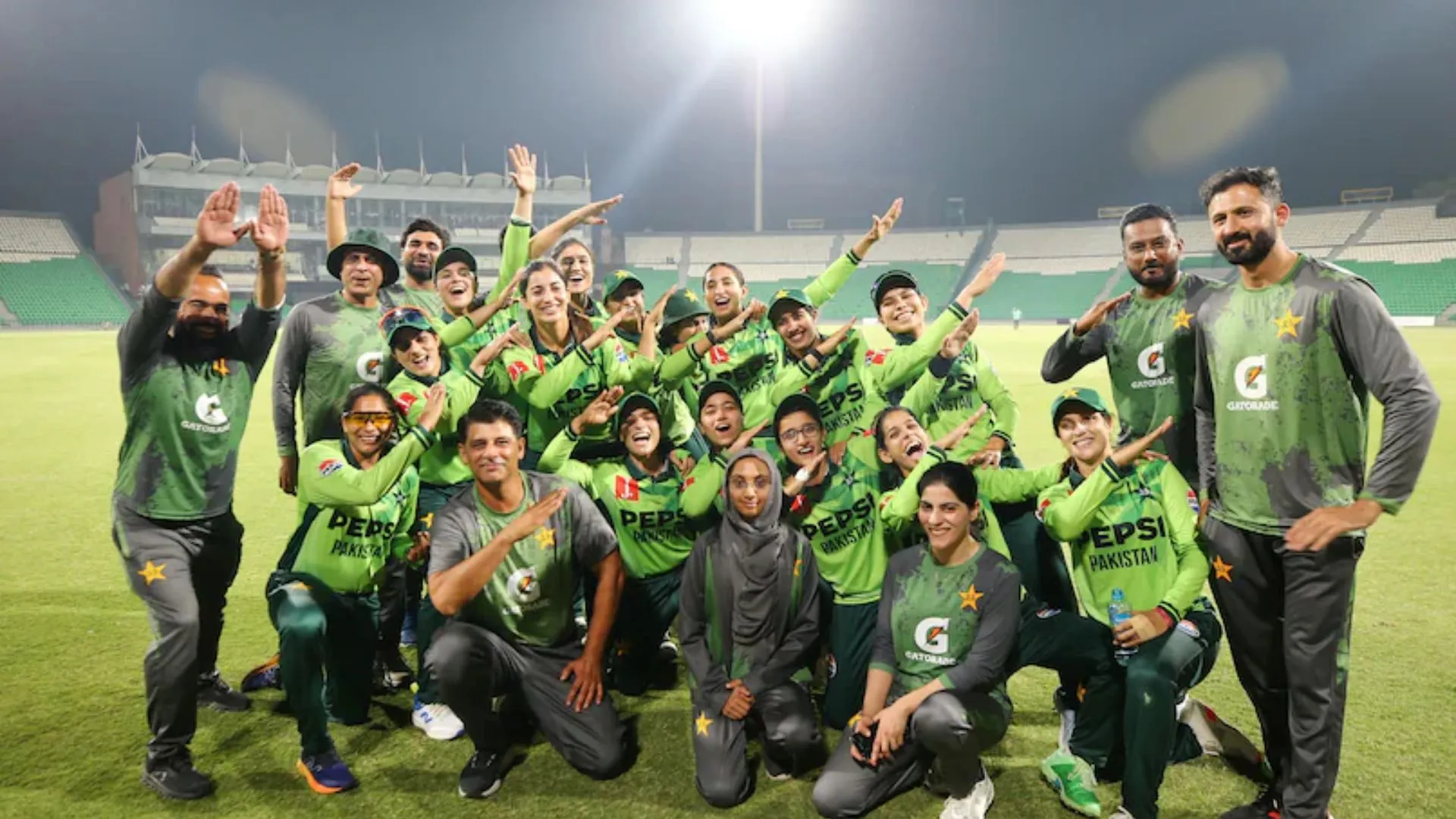The Chhattisgarh High Court on Monday has upheld the acquittal of Neelu Nagesh, accused of committing necrophilia by sexually assaulting the dead body of a minor.
Although he was convicted for other crimes, the court noted that current laws under the Indian Penal Code (IPC) and the Protection of Children from Sexual Offences (POCSO) Act do not classify necrophilia as “rape” since these provisions apply only when the victim is alive.
Describing the crime as “one of the most horrendous acts imaginable,” the bench comprising Chief Justice Ramesh Sinha and Justice Bibhu Dutta Guru stated that Nagesh could not be convicted under IPC Section 376(3), POCSO Act Section 6, or Section 3(2)(v) of the SC/ST (Prevention of Atrocities) Act. These legal provisions are applicable only when the victim is alive, the court clarified.
The case involved the kidnapping, rape, and murder of a minor. Nitin Yadav, the co-accused, was sentenced to life imprisonment for these crimes. Meanwhile, Nagesh, who aided in the crime and helped conceal evidence, was convicted under IPC Sections 201 and 34 and sentenced to seven years of imprisonment.
The prosecution argued that, while necrophilia is not classified as “rape” under Indian law, it violates the right to die with dignity, as guaranteed by Article 21 of the Constitution. This right, they asserted, includes the respectful treatment of bodies after death.
Acknowledging the prosecution’s stance, the court emphasized the severe nature of necrophilia, describing it as a “gross violation of the dignity of the deceased.” However, it dismissed the appeal against Nagesh’s acquittal on rape charges, citing the absence of legal provisions addressing necrophilia.
The court observed that the trial court had failed to recognize the broader ethical implications of the crime. “Necrophilia flagrantly violates the rights of the deceased, who are entitled to a dignified farewell,” it noted.
Despite this, the High Court upheld the existing legal framework, highlighting the need for reforms to address such acts explicitly.
This case sheds light on a significant gap in India’s criminal laws and calls for urgent legislative measures to address crimes against deceased individuals, ensuring justice and dignity for all.
Read More: What Are The Criteria’s Used For Republic Day Parade?























